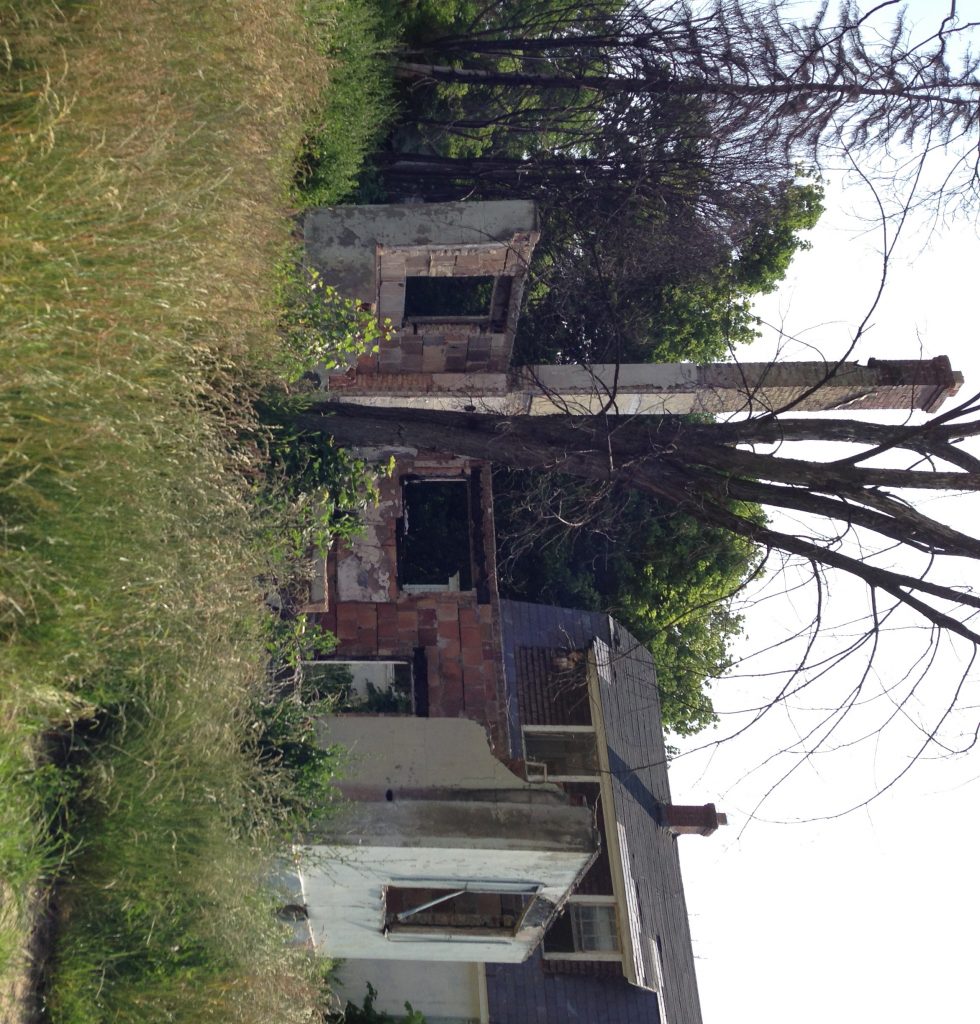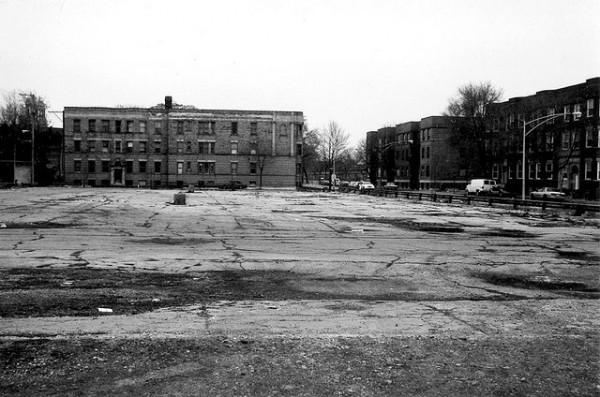Blog
Code Enforcement System
In 2024, Community Progress doubled down on its commitment to helping local governments use code enforcement to address VAD properties.
Read More »Effective legislation is a vital piece of equipping state and local governments to effectively address vacant, abandoned, and deteriorated properties (VAD). Through our Land Bank Incubator Scholarship Program, over the last three years Community Progress has been honored to support local efforts to craft and advance these pieces of legislation….
Read More »Blight is a shorthand term many people use to refer to properties they perceive as problematic in some way.
Read More »Vacant, abandoned, and deteriorated (VAD) properties—referred to by some as “blighted properties”—pose significant costs to public health, property values, local taxpayers, and more.
Read More »Code enforcement from A to Z: when it works, when it doesn’t, and how local governments can make code enforcement systems more fair for all.
Read More »The City of Detroit’s innovative Make it Home program harnesses the power of the traditionally harmful property tax foreclosure process and uses it to increase affordable homeownership, improve housing conditions, and stabilize neighborhoods.
Read More »With technical assistance support from Community Progress, Louisville is reforming their housing and building code enforcement with equity in mind.
Read More »This is an excerpt of Chapter 8 of Tackling Vacancy and Abandonment: Strategies and Impacts After the Great Recession, jointly produced by the Center for Community Progress, the Federal Reserve Bank of Atlanta, and the Federal Reserve Bank of Cleveland. It has been lightly edited and condensed for the web….
Read More »This is an excerpt of Chapter 7 of Tackling Vacancy and Abandonment: Strategies and Impacts After the Great Recession, jointly produced by the Center for Community Progress, the Federal Reserve Bank of Atlanta, and the Federal Reserve Bank of Cleveland. It has been lightly edited and condensed for the web….
Read More »This is an excerpt of Chapter 6 of Tackling Vacancy and Abandonment: Strategies and Impacts After the Great Recession, jointly produced by the Center for Community Progress, the Federal Reserve Bank of Atlanta, and the Federal Reserve Bank of Cleveland. It has been lightly edited and condensed for the web. In…
Read More »





